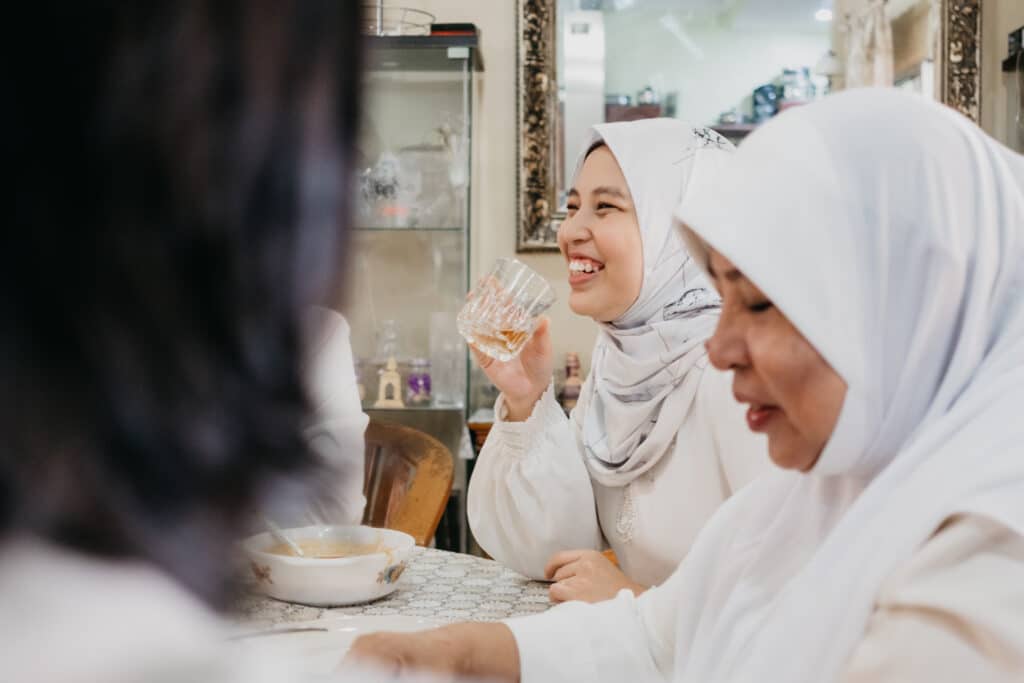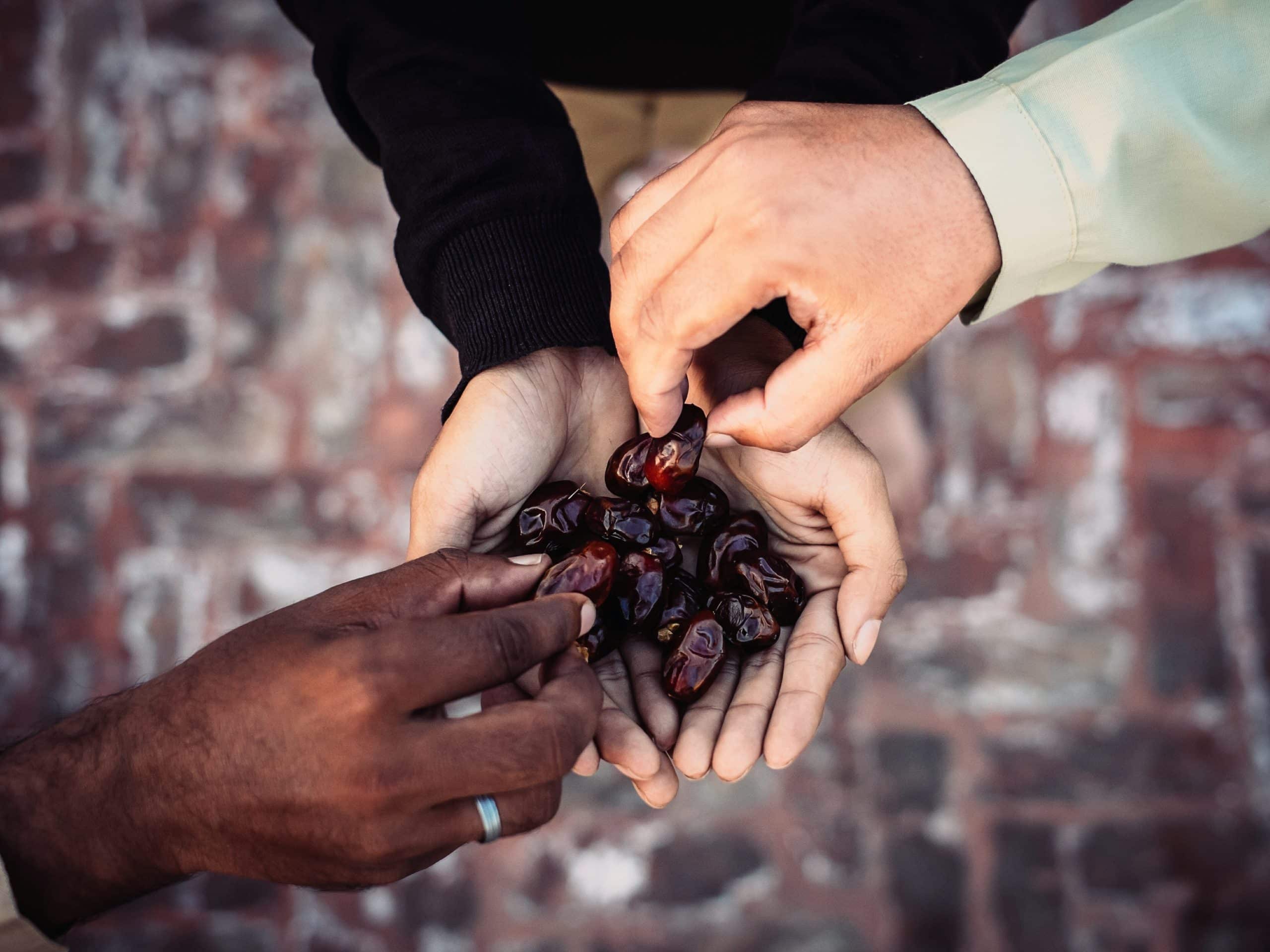In his home country of Bangladesh, Eid al-Fitr is the biggest festival of the year for Saiful H. and his family. Saiful, a graduate student in Canada, says, “it means happiness, it means family, friends.”
But when he’s thousands of miles from home, what happens on this special day? Saiful laughs ruefully. “I don’t know, still! I don’t have a plan.”
Eid al-Fitr marks the end of the month of Ramadan. For Muslims the world over, it’s an important feast day. From Morocco to Malaysia, Eid is a time to reflect on the sacrifices of Ramadan, celebrate with loved ones, exchange gifts, wear new clothing, and eat delicious foods. We spoke to several Remitly customers who observe Ramadan and Eid al-Fitr to find out how they keep the spirit of the holiday alive, even when they’re far from home.

For immigrants in non-Muslim-majority countries, it can be disorienting to experience Eid al-Fitr as a normal day. Saiful says, “it’s just a working day here. It’s very simple.”
Shaniya K., from Fiji, celebrates her Pakistani fiancé’s traditions with him. As students in California, they’re far from family. “It can get quite difficult,” Shaniya says. “You don’t get the feeling of having your mom prepare food, of other family coming to your house. You’re missing out on all of that.”
The holiday comes on the heels of a month of fasting during Ramadan, which is “complicated” when you’re in the United States, adds Shaniya.
She supported her fiancé to wake up at 3 a.m. each morning and prepare food so that he could eat before the sun rose all month. “In Pakistan, everyone does it together with him, at home. Here, he has to work and go to school as normal, and watch people eating sandwiches and drinking coffee while he’s hungry.”
But, she adds, it’s all worth it.
“It’s about faith,” she says. “Religion is his strength.”
Sadia S., a Pakistani immigrant in Canada, agrees. “Eid is a gift from God after a month of fasting for believers. We can still celebrate to the fullest and make the most out of it.”
Celebrating Eid Abroad

Again this year, due to the COVID-19 crisis worldwide, Eid celebrations are changing everywhere. That’s yet another layer to contend with for immigrants and foreign students. Saiful explains that makes it difficult to get together even with other Muslim students.
Nonetheless, everyone we spoke to intends to celebrate the spirit of the holiday. Here’s how.
- Call home. This might seem obvious, but it’s on everyone’s list! Calling or video chatting with family and friends back home can ease the loneliness of being away. This means not just immediate family but also cousins, neighbors, and close friends.
- Enjoy traditional foods. Sheer khurma, or semai in Bangladesh, is a sweet vermicelli that’s a favorite across South Asia on Eid, for instance. The BBC has a great collection of Eid recipes here.
- Get together. Shaniya and her fiancé will have an outdoor potluck to mark the occasion, while Saiful thinks he might gather with friends remotely.
- Honor the traditions that make the holiday special. These include praying and charitable giving. Saiful explains that the Ramadan season is a time to give to the poor, and that the fasting “comes with the logic that we should feel the hunger of the poor people.” Eid, which breaks the fast, is a time to give gifts as well. To learn more, check out our post on Ramadan and the impact of Zakat.
Eid Mubarak from all of us at Remitly! We hope that you’re able to celebrate joyfully this year, wherever you are.